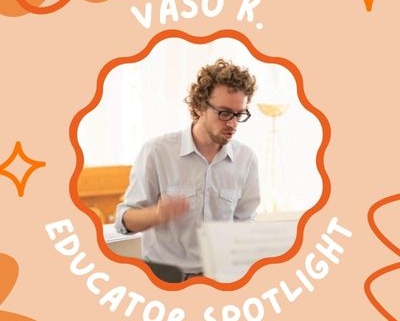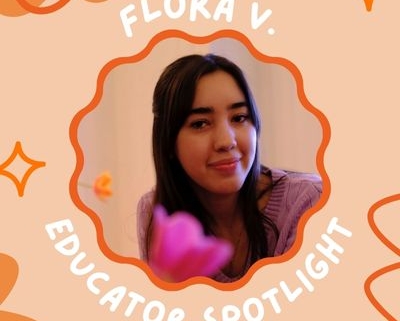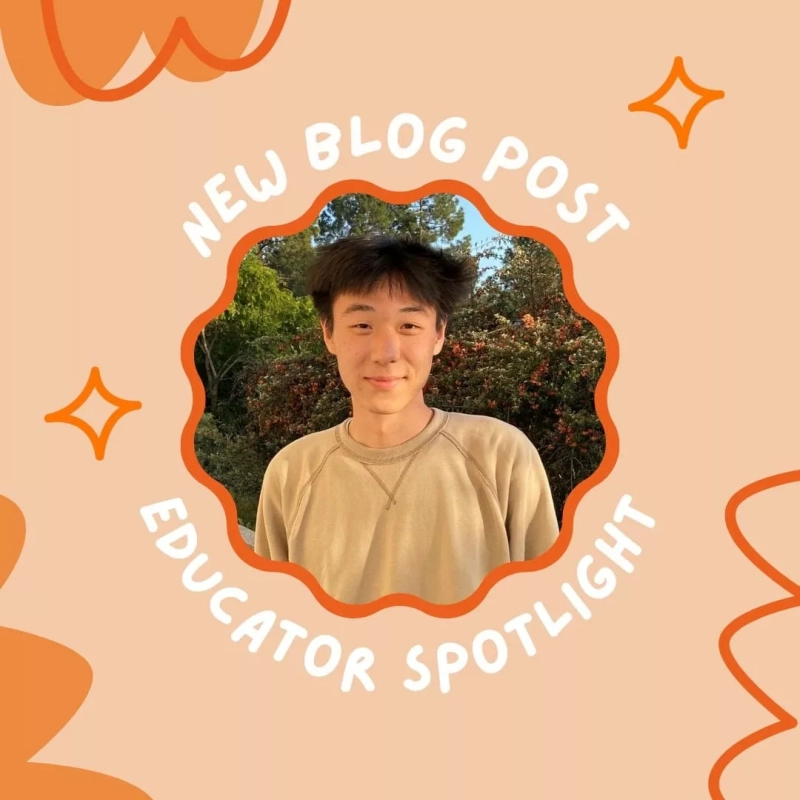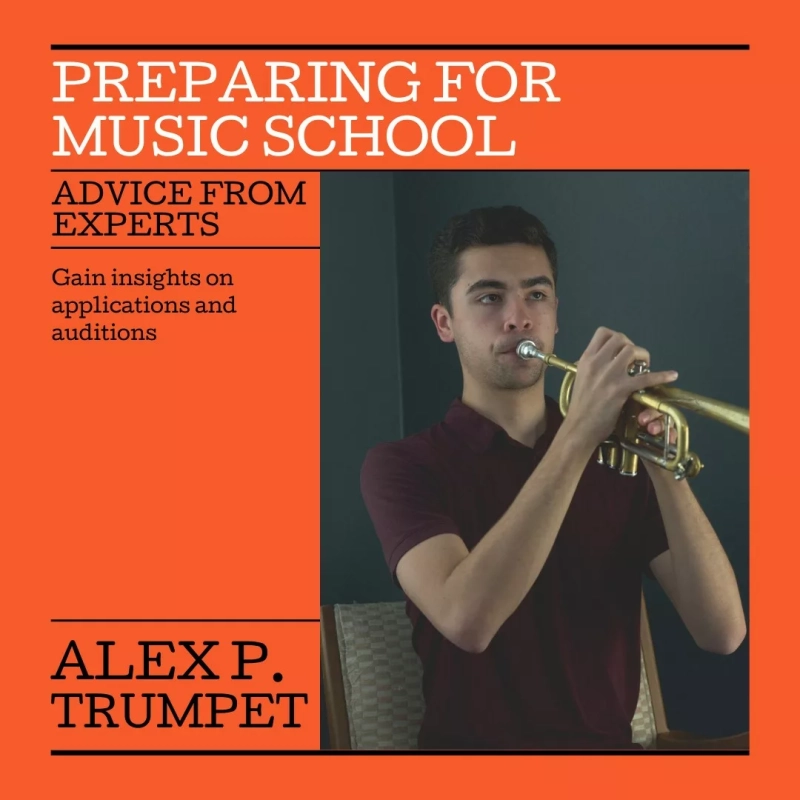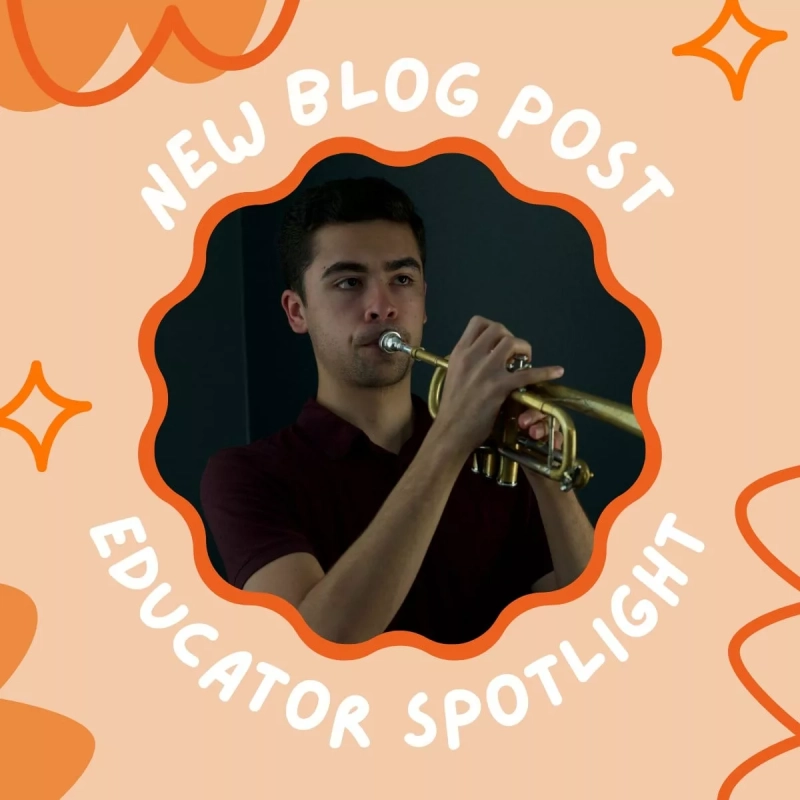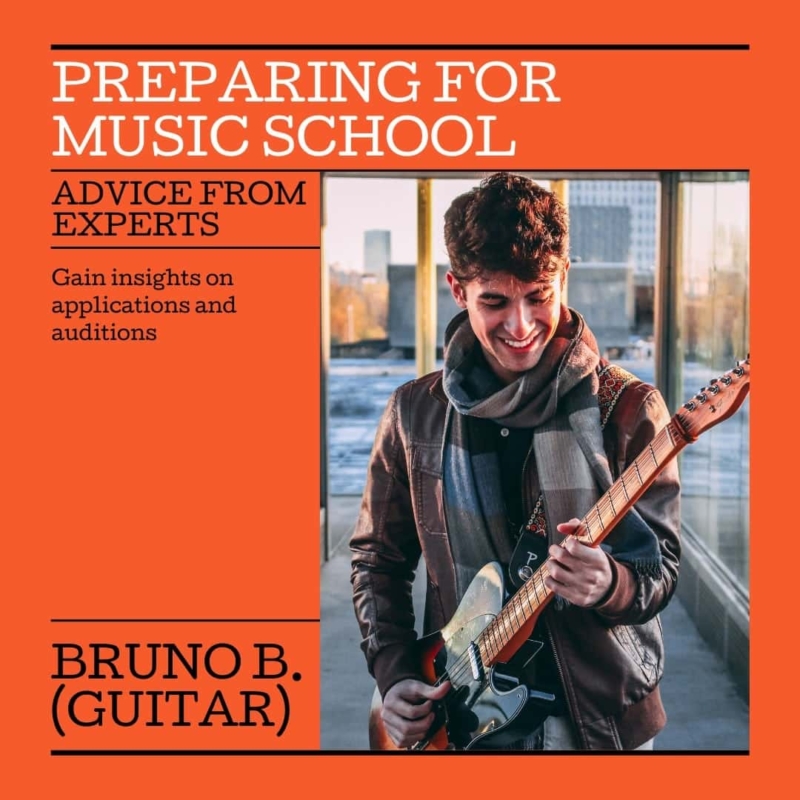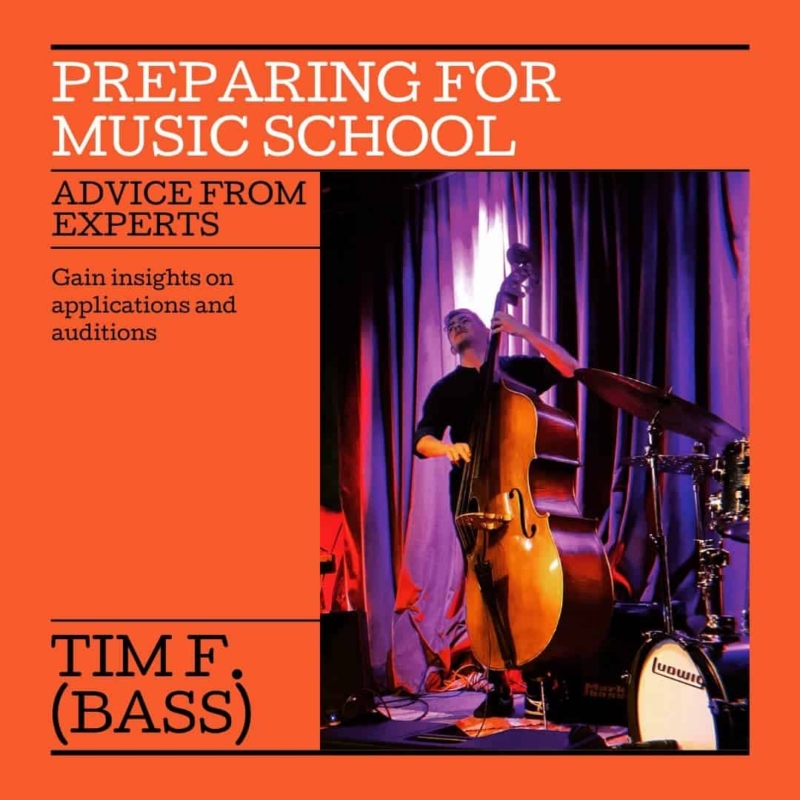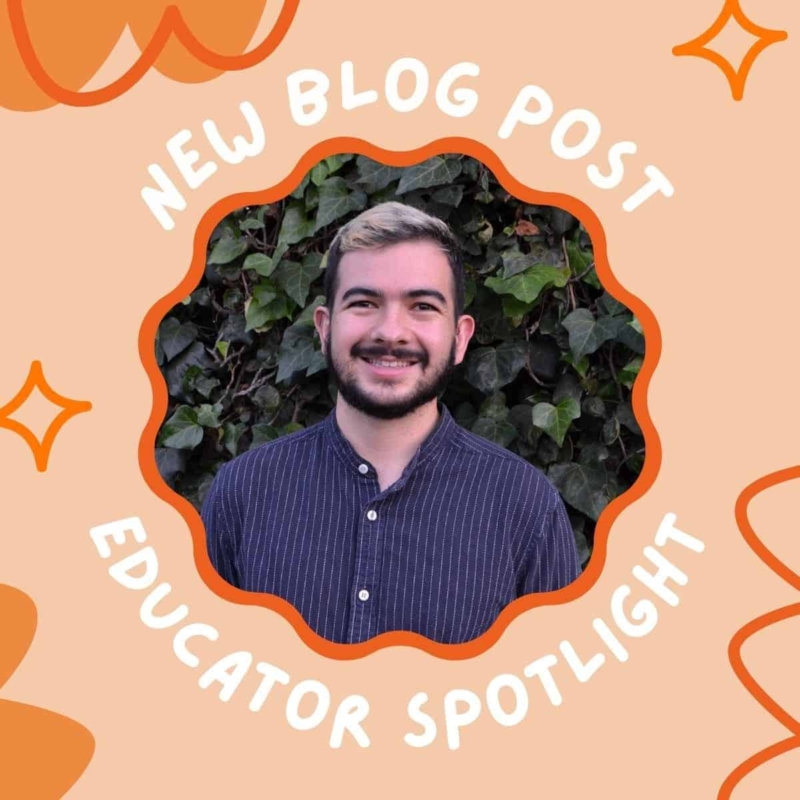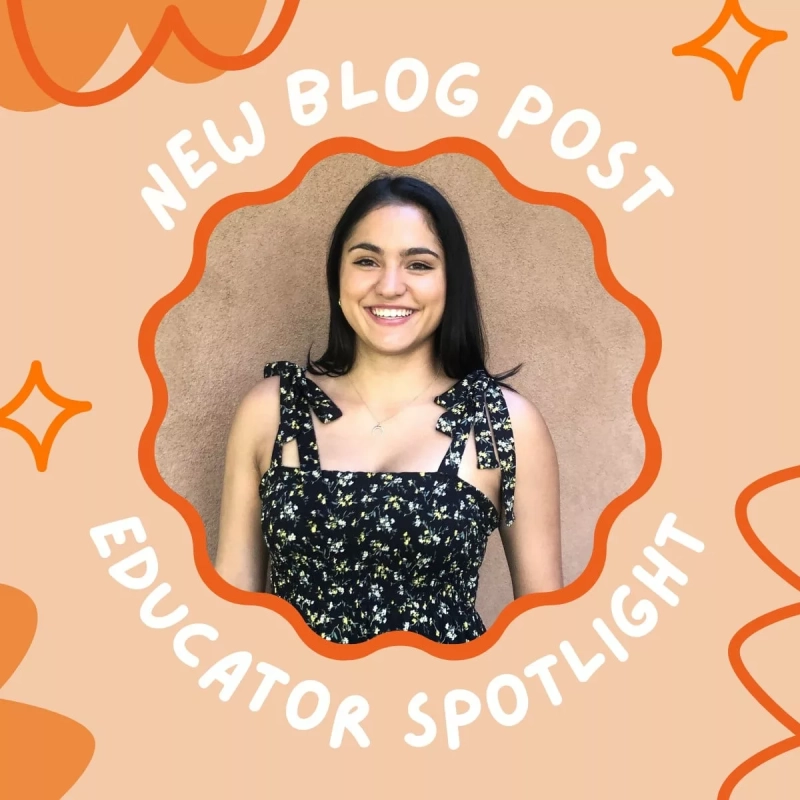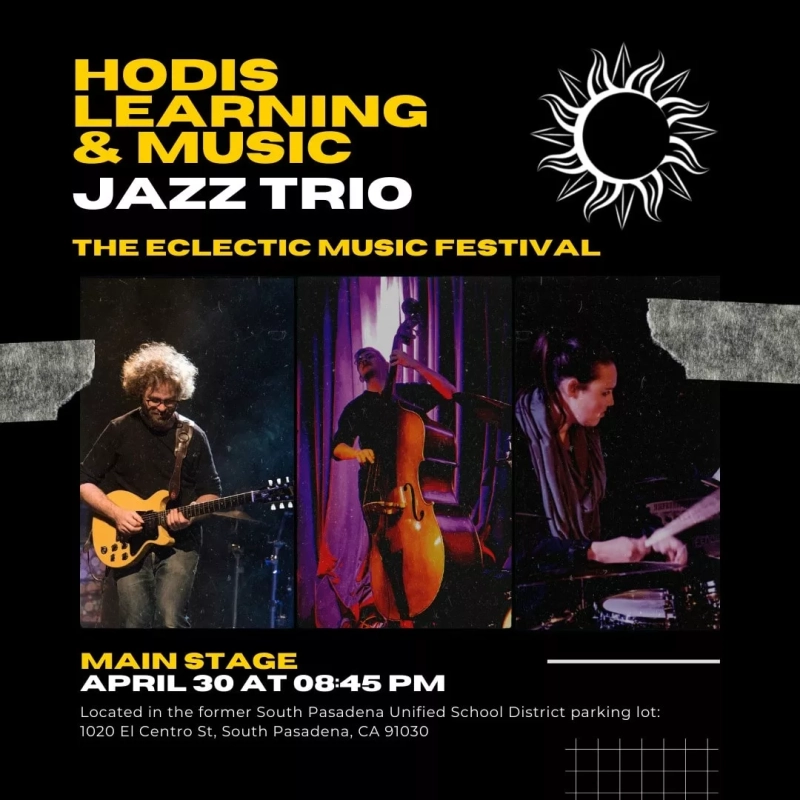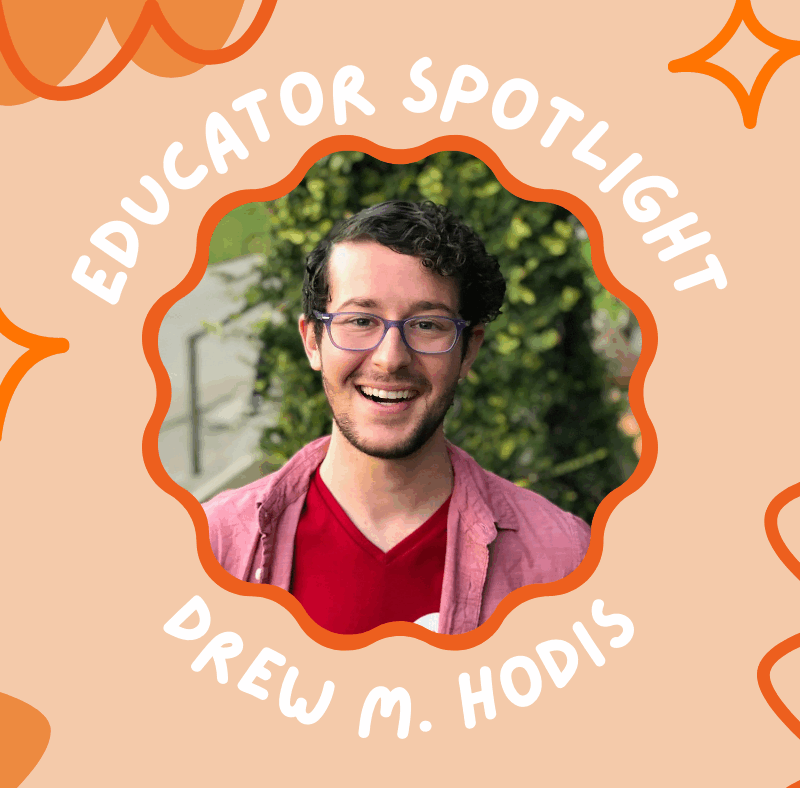Get to know Hodis Learning & Music Founder, Drew Hodis! He began as a tutor and music teacher himself almost a decade ago, and was so inspired by his experience that he created the company to help more students!
Where did you receive your education?
- University of Southern California, B.A. in Psychology
- Adelphi University, Ph.D. in Clinical Psychology: 2027 expected graduation
What’s the most rewarding part of being a tutor, educator, and having your own business?
“The most rewarding part of being an educator is improving students’ academic and emotional wellbeing through teaching and connection. When I see my students’ grades rise over the semester with my help, I feel fulfilled and grateful that my students entrusted me with their learning needs!”
“The most rewarding part of owning my own business is the opportunity to create a community. Our society is becoming more and more disconnected, and this phenomenon has only been magnified by COVID-19. HLM has given me the opportunity to provide connection.”
What are the most common areas you see students struggling? How do you help them in those areas?
“The three most common areas my students struggle with is:
A. Motivation
B. Focus
C. Difficulty grasping concepts”
“For motivation, I speak to my students’ best selves while providing empathy: ‘I know, this is really hard. But you can do this, I believe in you! I will be here to help in any way I can.’ I also use positive motivation.”
“For students with focus issues, we often practice mindfulness together, while also training their brain to focus. Sometimes we practice mindfulness meditation or mindful yoga. And when possible, I help students set up a quiet and distraction-free home learning environment.”
“For students struggling with the material, we go over what the student knows and doesn’t know to assess where to begin. Then I provide an interactive lesson that motivates the student to do their best work. I encourage the student not to rely on me for the answer unless needed. Once the student understands the concept, I check their learning and we move on to the next lesson.”
When should someone contact you for tutoring needs? When should someone contact you for music lessons?
“Students should contact us for tutoring sooner rather than later. I recommend that parents reach out when a student has consistently shown that they don’t grasp the material. Usually that can be observed after a few exams or when their grade slips.”
“The earlier a tutor can help the student, the sooner the student may end tutoring. As contradictory as it sounds, we want our students to succeed without tutoring.”
“When you break your leg, you get a cast that helps your bone regrow. Our services are like a cast: we help students develop study skills and build foundations in their courses. Then, as much as we enjoyed working with them, we hope to see them soar on their own!”
“Some students, however, will only need help occasionally, and that’s perfectly normal. We offer “on-call” sessions; or standalone sessions for this very purpose. If you need on-call help before a test, we recommend that you reach out at least a week before the exam.”
“Students may contact us for music lessons at any time. Although our brains are more plastic and efficient at developing new skill sets in early and middle childhood (3-8 years old), it’s never too late to take up a new instrument!”
“It may take older students a little longer to learn the instrument than it would for young children, but it is still feasible to become proficient on their preferred instrument. Many of our music students are 5-18 years old, but we also serve students who are in early, middle, and late adulthood.”
What are some common misconceptions people have about tutors or tutoring?
“Many people think that tutors are a “quick fix.” Although our goal is to get our students up to speed as quickly as possible, we cannot provide immediate solutions.”
“We cannot do our students’ homework for them, and we cannot turn around their grade overnight.”
“Every student’s learning needs and abilities are different and the time it takes for them to get back on track varies.”
__________
You can read more about Drew and the origin of Hodis Learning & Music in this article published in the South Pasadenan!

